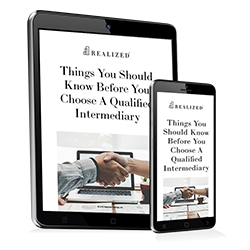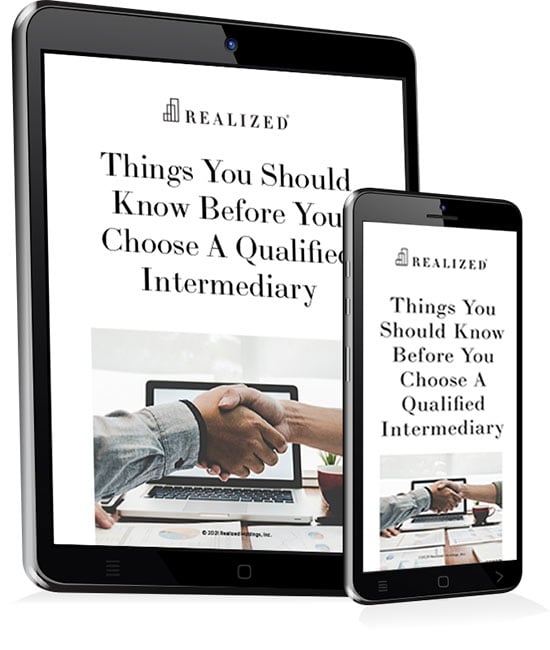
Using a 1031 exchange to defer capital gains taxes when you sell an investment property and reinvest the proceeds can effectively leverage your investment options. For example, suppose you have a real estate asset you purchased for $400,000 several years ago, and now you can sell the property for $600,000. In a standard sale, you would owe capital gains taxes on the $200,000 gain, reducing how much you could reinvest. If you execute the transaction as a 1031 exchange, you can reinvest the entire $600,000. The tax on the capital gain is deferred, not eliminated.
How does a 1031 exchange work?
A 1031 exchange is a complex transaction, and successful execution requires using a Qualified Intermediary (QI). The QI has several essential responsibilities to fulfill during the exchange process. To begin with, the QI (sometimes called a facilitator or an exchange accommodator) holds the proceeds from the sale of the relinquished property and manages the purchase of the replacement property. The QI holds the proceeds in an escrow account until they transfer the funds to the seller of the replacement property.
The QI is also responsible for receiving formal identification of potential replacement assets within the 45-day period allowed by IRC Section 1031. The entire exchange process must be finished within 180 days of the original sale. That overall deadline includes the 45 days designated for identification.
Who can serve as a Qualified Intermediary?
The role of a QI is to act as a neutral third party between the investor conducting the exchange and the buyers and sellers of the relevant properties. The QI can be a person or a company. In fact, the 1031 exchange rules offer more information about what a QI may not be than what it must be.
There are no federal requirements for QI eligibility. Some states require QIs to be licensed or bonded, but requirements vary. However, the lack of necessary attributes is despite the crucial role that these accommodators play during the execution of the exchange.
A QI might be part of a title company, an attorney, or another advisor. However, the QI can't be the investor's attorney, financial advisor, colleague, partner, agent, or family member. These exclusions serve the goal of having the QI be a truly neutral party. Your attorney or broker can recommend a QI but cannot serve as yours.
How can I choose a good QI?
As with other professional relationships, it’s vital to investigate the qualifications of a prospective QI before you contract with them. Some considerations you may want to review include:
- How much experience do they have?
- Have they worked on 1031 exchanges of a similar type and value to yours?
- How will the proceeds be held in escrow?
- What internal controls does the QI have to protect you and your funds?
It's always a good idea to ask for referrals from other professionals, like your attorney, accountant, or broker, and to conduct references by talking with the QI's previous and current clients.
This material is for general information and educational purposes only. Information is based on data gathered from what we believe are reliable sources. It is not guaranteed as to accuracy, does not purport to be complete and is not intended to be used as a primary basis for investment decisions. It should also not be construed as advice meeting the particular investment needs of any investor.
Realized does not provide tax or legal advice. This material is not a substitute for seeking the advice of a qualified professional for your individual situation.
Costs associated with a 1031 transaction may impact investor's returns and may outweigh the tax benefits. An unfavorable tax ruling may cancel deferral of capital gains and result in immediate tax liabilities.



